 Josh Duggar Mugshot
Josh Duggar Mugshot
Entry Category: Media
 Josh Duggar Mugshot
Josh Duggar Mugshot
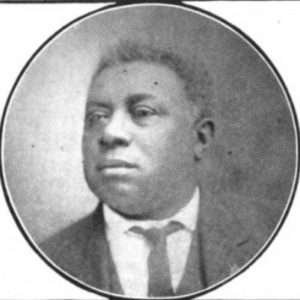 J. C. Duke
J. C. Duke
Dumas, Ernest Clifton (Ernie)
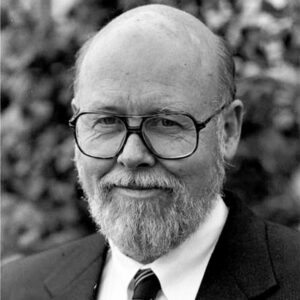 Ernie Dumas
Ernie Dumas
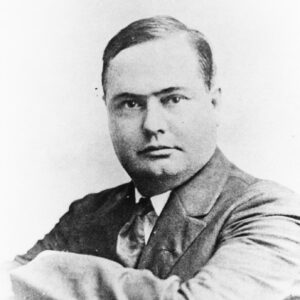 Louis S. Dunaway
Louis S. Dunaway
Dunaway, Louis Sharpe
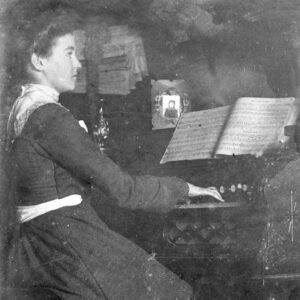 Maud Duncan
Maud Duncan
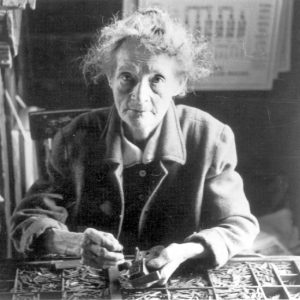 Maud Duncan
Maud Duncan
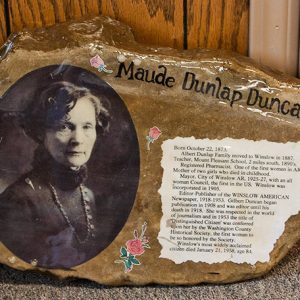 Maud Duncan Display
Maud Duncan Display
Duncan, Virginia Maud Dunlap
Duvall, Leland Blaine
Eagle, The [Newspaper]
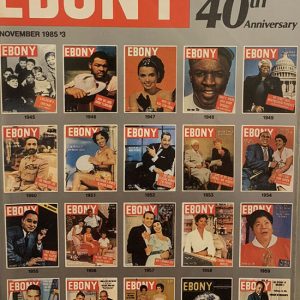 Ebony Magazine
Ebony Magazine
 The Education of Ernie Dumas
The Education of Ernie Dumas
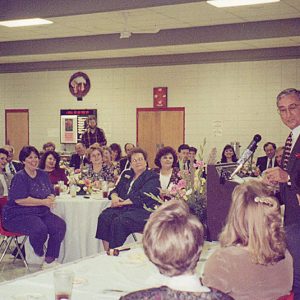 Paul Eells
Paul Eells
Eells, Paul Irving
Elder, Jim
aka: James Albert Elder
Encounter with the Unknown
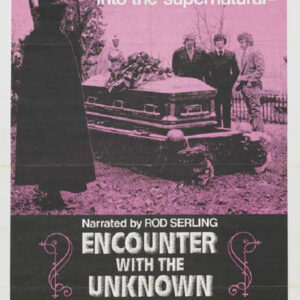 Encounter with the Unknown Poster
Encounter with the Unknown Poster
End of the Line
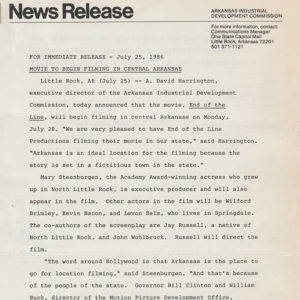 End of the Line Press Release
End of the Line Press Release
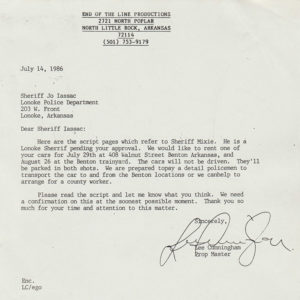 End of the Line Production Letter
End of the Line Production Letter
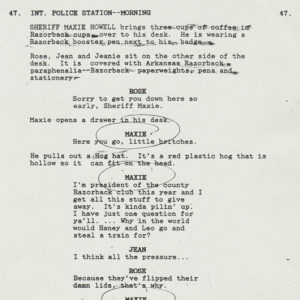 End of the Line Script Page
End of the Line Script Page
 Tom Epperson
Tom Epperson
Epperson, Tom
Ernest Green Story, The
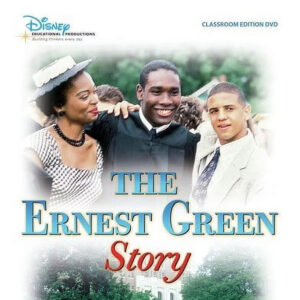 The Ernest Green Story Poster
The Ernest Green Story Poster
Evans, Dale
aka: Frances Octavia Smith
Evening Shade
Face in the Crowd, A
Farkleberry
 Farkleberry Menu
Farkleberry Menu
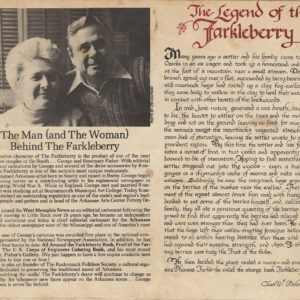 Farkleberry Menu Back
Farkleberry Menu Back
 The Favored Strawberry
The Favored Strawberry
Feldman, Garrick
Fighting Mad
 Fighting Mad Poster
Fighting Mad Poster
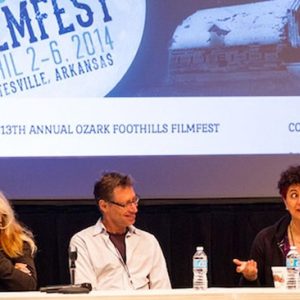 FilmFest Panel
FilmFest Panel
Fisher, George Edward
Flippen, Jay C.
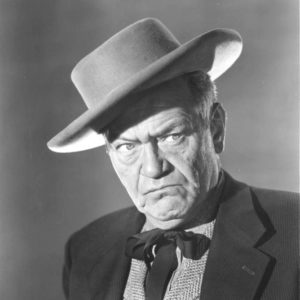 Jay C. Flippen
Jay C. Flippen
Flowers, Gennifer
 Gennifer Flowers Book
Gennifer Flowers Book
Forbush, Nellie
Foreman, Gene
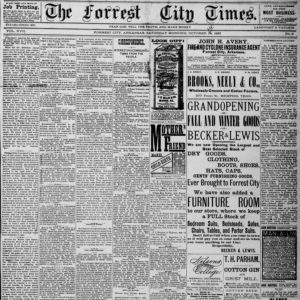 Forrest City Times
Forrest City Times
 Fort Smith Times Record
Fort Smith Times Record
 Fort Smith Times Record
Fort Smith Times Record
 Friend and Lover
Friend and Lover




